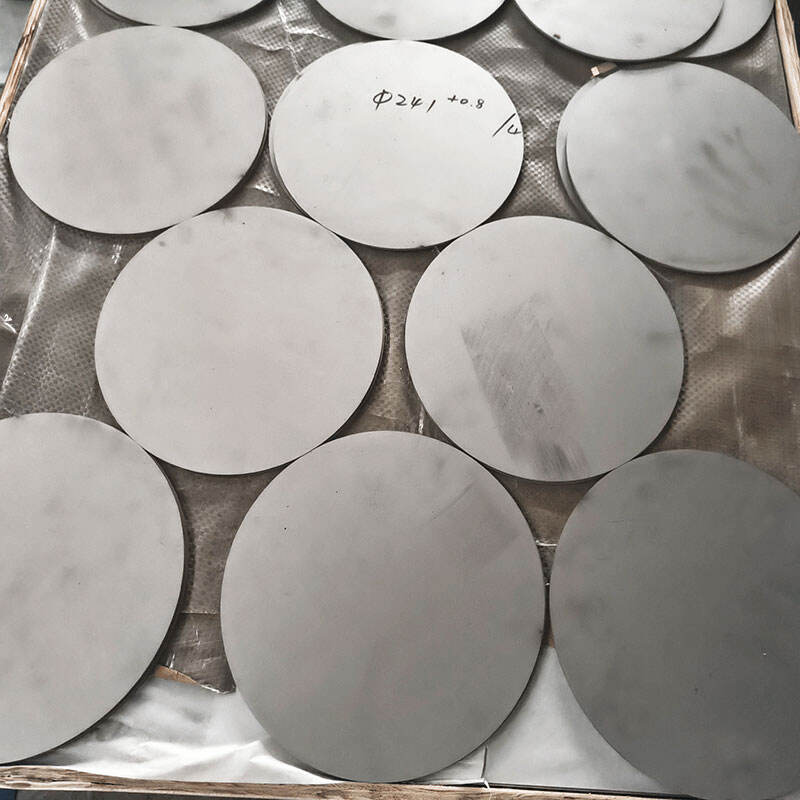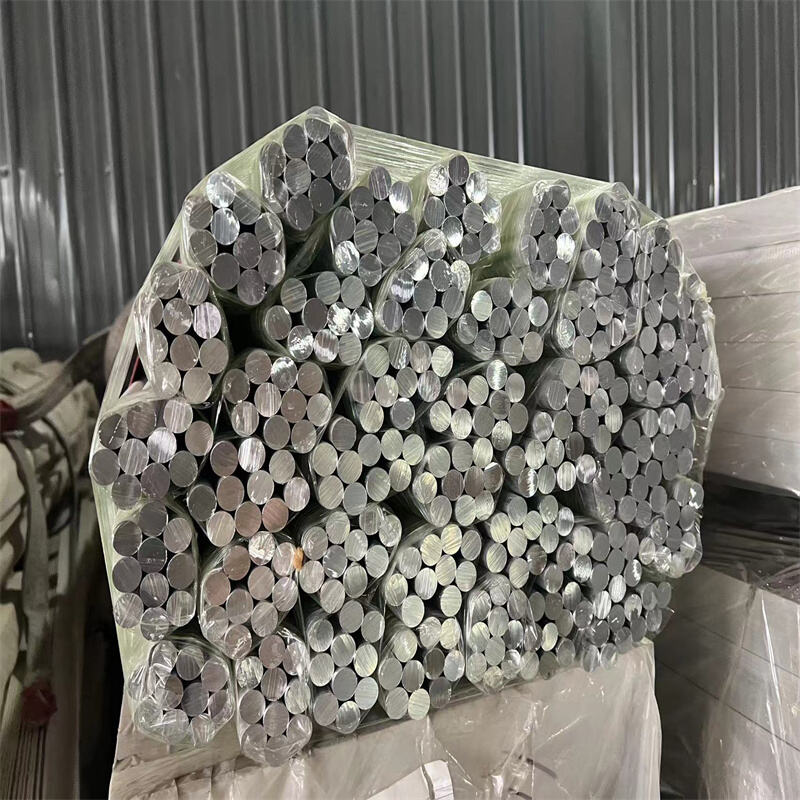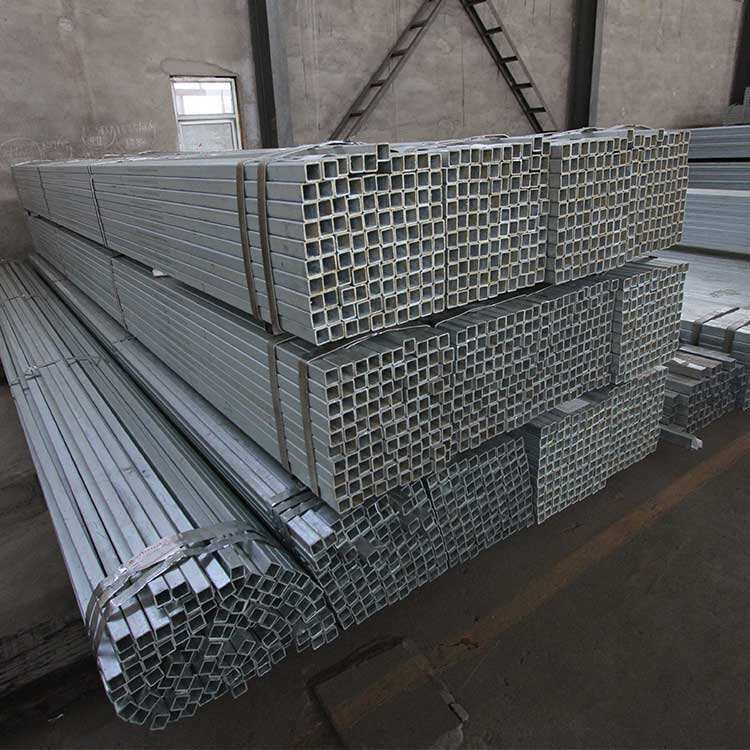stainless steel pipe tube
Stainless steel pipe tubes represent a cornerstone in modern industrial and construction applications, offering an exceptional combination of durability, versatility, and performance. These precision-engineered components are manufactured using high-grade stainless steel alloys, typically containing chromium, nickel, and molybdenum, which contribute to their outstanding corrosion resistance and structural integrity. The tubes are available in various dimensions, wall thicknesses, and grades to suit specific application requirements. Their seamless or welded construction ensures uniform strength distribution and reliable performance under diverse operating conditions. The manufacturing process involves advanced techniques such as cold drawing, hot rolling, or electric welding, resulting in products that meet stringent industry standards and specifications. These tubes excel in environments requiring exceptional hygiene standards, chemical resistance, and temperature tolerance, making them indispensable in industries ranging from food processing to petrochemical applications. The surface finish can be customized to meet specific requirements, from mirror-polished to brushed textures, enhancing both functionality and aesthetic appeal. Additionally, their inherent resistance to scaling and oxidation ensures long-term reliability and minimal maintenance requirements, making them a cost-effective solution for various industrial applications.


